Agricultural policy and administration
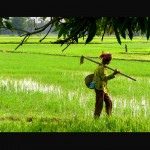
Agriculture in Cambodia accounts for approximately 56% of the labour force. The size of the sector means that policies developed here have a significant impact on the whole country. Agricultural policy and administration is managed by the Ministry of Agriculture, Forestry and Fisheries (MAFF). There ...
Non-governmental preparedness and response agencies
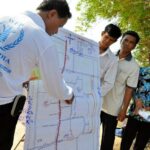
Cambodia has a large number of United Nations agencies, international and national non-governmental organizations (NGOs) engaged in humanitarian, rehabilitation, and development initiatives as well as disaster risk reduction and disaster management.Under the Law on Disaster Management (2015), Article 32, if the National Committee for Disaster ...
Business structures and legal registration
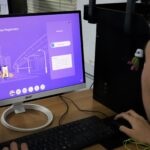
Since the 1990s, the Cambodian economy has recorded a substantial expansion led by the tourism, manufacturing and construction sectors. One of the highest economic growth rates in the world allowed Cambodia to become a lower-middle-income country in 2015 39The country has a strategic position in ...
Legal aid policy and regulation
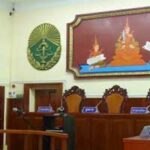
Public policies are a system of laws, regulatory measures, and plans of action implemented by the government to ensure that its functions are performed predictably and consistently.47 Policies typically outline the guiding principles of an operation; meanwhile, regulations set procedural expectations. Currently, there are no ...
Expropriation
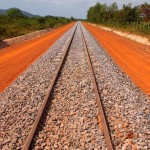
The Constitution of the Kingdom of Cambodia and the Land Law of 2001 both guarantee an individual’s right to property protection. Though part of the Government’s policy framework since 2002, not until 2010 did a legal framework exist to govern the process by which the ...
Chinese aid
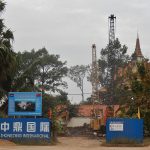
Construction of a laboratory funded by Chinese money. Photo by Michael Coghlan, taken on 10 January 2014. Licensed under CC-BY-SA 2.0China, while once being at odds with the current government, is now Cambodia’s largest development partner. The two nations have grown increasingly close in recent ...
Land tenure and land titling
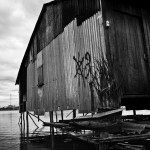
Land registration and titling of private property has been ongoing for more than a decade. As the Cambodian government works to formally register all private property, there is a dual system of soft possessory rights to be replaced by hard ownership rights through nationally-recognized title. ...
Procurement
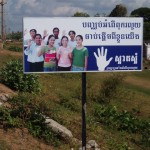
“Stopping corruption may start from us” (Khmer version on Clean Hand poster), in Kratie province, Cambodia. Photo by World Bank Photo Collection, taken on November 22, 2006. Licensed under CC BY-NC-ND 2.0In Cambodia, the activities of buying goods, construction work, repairs, and services and consultation ...
Multilateral development assistance
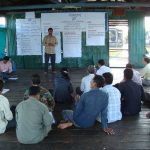
Mr Il Oeur, director of Analysing Development Issues Centre (ADIC), a domestic NGO and WorldFish partner in Cambodia, leads a local dialogue session. Photo by WorldFish, taken on 27 June 2013. Licensed under CC BY-NC-ND 2.0Multilateral aid is funding that is funneled between more than ...
Japanese aid
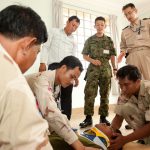
Japanese military members observe as Cambodian sailors attach a neck brace to a patient during a Pacific Partnership knowledge exchange in Sihanoukville, Cambodia. Photo by U.S. Pacific Fleet, taken on 21 June 2014. Licensed under CC BY-NC 2.0Japan, through its official development branch called Japan ...
Concessions
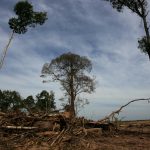
A land concession is a grant of rights over an area of land for a specific purpose. In Cambodia land concessions can be granted for various purposes, including agribusiness, redistribution of land to the landless and land-poor, infrastructure development, mining and fishing. They have been ...
Education and training
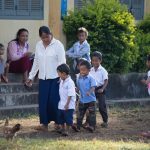
Chi Phat primary school, Koh Kong Province. Photo by ODC team, taken on 28 November 2017. Licensed under CC BY-SA 4.0.Access to free, good quality education in Cambodia is a right set out in the country’s Constitution: Article 65: “The State shall protect and promote citizens’ ...
United Nations
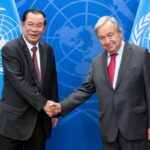
Secretary-General António Guterres (right) meets with Samdech Akka Moha Sena Padei Techo Hun Sen, Prime Minister of the Kingdom of Cambodia in New York. Photo taken from the UN website on 22 September 2022.The United Nations (UN), founded in 1945 and guided by the UN ...
Energy for transport

In Cambodia, petroleum is traditionally the main source of energy for transportation. The petroleum fuels used for transportation include gasoline, diesel, heavy fuel and fuel oil. ...
SDG 13 Climate action
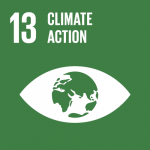
SDG 13 is aimed at taking urgent action to combat climate change impacts by developing the capacity of each country to mitigate climate risks and work towards adaptation. Least developed nations, landlocked countries and small island states are recognised as especially in need of support ...
Land classifications
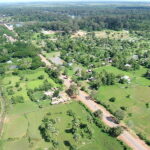
Land in Cambodia is divided into three classifications: private property, state private property and state public property. The distinction between state private property and state public property is essential to determining how state land is to be used. ...
Terms and definitions
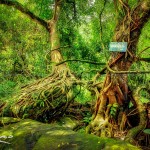
Defining and measuring forests is not an easy business. Definitions that initially sound very similar can turn out to have crucial differences. Understanding the terms is important for understanding forest use, forest cover, forest laws and policies and deforestation. ...
Non-renewable energy production
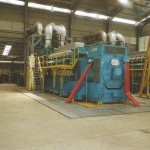
Non-renewable energy sources are chiefly fossil fuels such as coal, diesel, oil and gas. They provide most of Cambodia’s locally-produced electrical supply – in 2011 diesel and heavy fuel oil generators provided 89% of local electricity generation. ...
Special economic zones
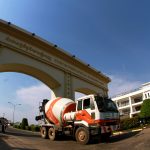
A Special Economic Zone (SEZ) is a defined area within a country that is subject to different laws and regulations than other areas of the country. These comprehensive industrial areas provide preferential incentives to investors and offer government import-export administrative support to facilitate trade. Though ...




